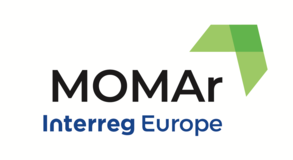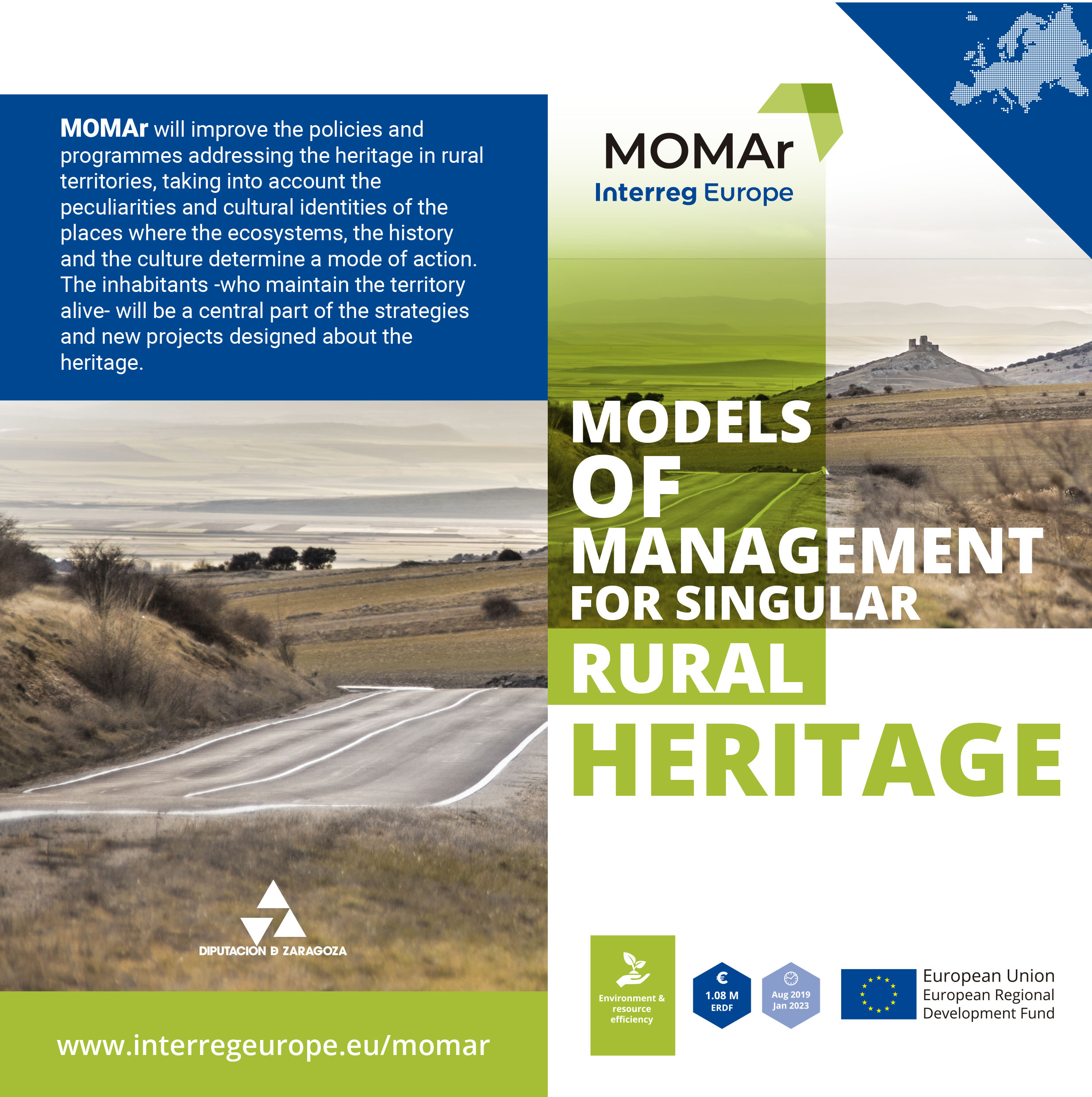MOMAr held an international online meeting attended by 45 heritage experts from the five countries participating in the program (Spain, the Czech Republic, Germany, the Netherlands, and Romania). The event was held by the MOMAr partner, Ministry for Regional Development and Transport of Saxony-Anhalt and was titled: “Good practices in motion. Action Plans development”.
MOMAr is in the final stages of phase one, corresponding to the exchange of experiences in the management of rural heritage, which will conclude next semester with the design of an individual Action Plan for each of the territories. These plans will take successful models from the other partners’ countries as a reference and aim to improve local policies in heritage management.
In this sense, the meeting held wanted to delve into the good practices presented previously, and that are inspiring the project partners. This was achieved through three thematic tables in which the invited experts shared their experiences in the management of singular rural heritage and gave answers to the queries of their European colleagues who are working to import and adapt these practices to their own territories.
Warm welcome
The event was opened by Mari Carmen Gracia, head of the Zaragoza Provincial Government’s Culture Service and lead partner, who urged the partners and all their stakeholders to "continue developing strategic thinking together since it allows us to implement actions that improve management of heritage in our rural areas”. Following, Frank Thäger, Deputy Head of Department for Regional Development and European Spatial Development, welcomed the audience on behalf of the host Ministry of Saxony-Anhalt and took the opportunity to highlight the contribution of the stakeholders to MOMAr’s work, as well as to announce his retirement after 35 years of prolific work.
Exchange of knowledge
In the meeting, 21 of the good practices identified during MOMAr's first phase of work were presented as potential inspiration for partners and stakeholders. The representatives of these initiatives were invited to participate in the round tables to establish a direct dialogue among the stakeholders who could present their queries and curiosities, as well as answer them. The debate focused on three areas: governance and funding, management of buildings and sites, and education and training.
Many topics were discussed to reflect on the best way to import foreign heritage management practices to own local territories. Questions about how to deal with legislation, properties owners, how to involve local society, find funding and proper new uses to historical spaces or the real effectiveness of modern technologies were some of the main points to clarify.
In order to keep the good development of the discussion and the progress of the national Action Plans, bilateral meetings will be organized during the next weeks.













